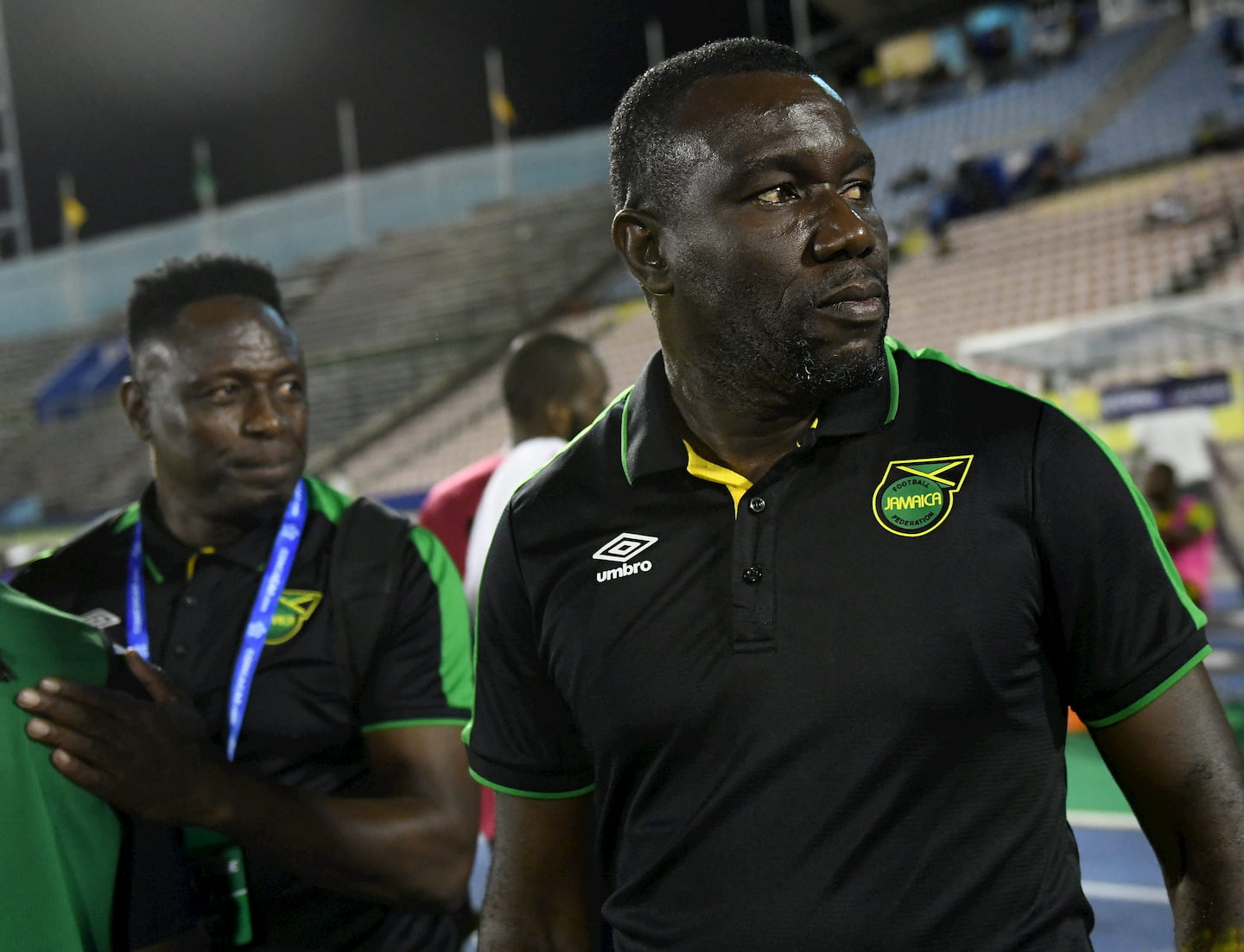Criticism may not be agreeable, but it is necessary. It fulfils the same function as pain in the human body. It calls attention to an unhealthy state of things.
– Sir Winston Churchill
In a recent column headlined ‘Weak leadership hurting football in western Jamaica’, I sought to catalogue how inept leadership had caused the region’s football to evolve from being a source of unadulterated joy to one of unbearable embarrassment for football fans who had grown accustomed to success.
While many persons have applauded me for being frank in my criticism of the current crop of underperforming football administrators, who are now at the helm here in the west, the article has seemingly reinstalled me as public enemy number one by those who I have accused of squandering the legacy of their predecessor in a selfish quest to feather their own nest via the perks that come with their position.
Like in the quote above from Sir Winston Churchill, who led Britain to victory in the Second World War, I, too, believe that constructive criticism is good because as the quote rightly states, “It calls attention to an unhealthy state of things.”
Things that could be easily fixed if the current administrators either changed their ways or stepped aside or persons with the capacity and desire to rebuild our badly damaged football product.
In praising the good work of those administrators who guided the west to unprecedented success between 1986-87 and 1996-97 when, between Reno FC, Seba United, Wadadah FC, and Violet Kickers, the region won 11 Red Stripe NPL titles, I neglected to mention that, during that same period, the region also won nine daCosta Cup schoolboy football titles between Cornwall College, Rusea’s High and Herbert Morrison Technical High.
In that period of incredible success, our young footballers were not only exposed to expert coaching from men like Steve Bucknor and Dr Dean Weatherley (Cornwall College), Maurice Whiteley (Herbert Morrison) and Emerson ‘Diggy’ Henry and Anthony ‘Follies’ Williams (Rusea’s), but they also benefited from the support and encouragement of caring parish football administrators, who worked closely with the schools and coaches to create talent pools that facilitated the grooming of young players to make the transition to ‘big-man’ football.
It was, therefore, no surprise at that time that players like Kenneth ‘Blacks’ Gaynor (Rusea’s), Winston ‘Tonto’ Henry (Herbert Morrison) and Linton ‘Conch’ Stewart (Rusea’s), had the enviable distinction of being selected to represent Jamaica at the senior level while still being schoolboys, albeit they were also playing club football in the region.
Past administrators like Wesmore Thomas and Frank ‘Bim’ Williams were constantly pushing to get the region’s good players into the national set-up, and we had coaches like Steve Bucknor, who established his own academy, working over time to develop and expose new players at both the junior and senior level; it was easy, therefore, to understand why the west regularly had as many as seven players in the national team at one time.
In addition to the push to expose players, Thomas, who is easily the most successful president in the annals of St James’ football, also took administration to another level. He not only established a football headquarters free of cost on one floor of his business complex, but also drafted many young persons, including me, to serve on the football board to gain valuable experience from veterans like Lloyd Hamilton and David Earle.
It was that kind of total commitment to building football, which created the climate for talents like national stalwarts Paul ‘Tegat’ Davis, Winston Anglin, Hector Wright, Devon Rickettes, Barrington Gaynor, Durrant ‘Tatty’ Brown, Stephen ‘Shortie’ Malcolm, Warren Barrett and 1998 World Cup hero Theodore ‘Tappa’ Whitmore, to come to the fore emphatically and, in so doing, became household names in Jamaica.
It should be noted that while the region still has the services of vastly experienced coaches like Dr Weatherley and Henry, who is still developing talent at Cornwall College and Rusea’s, we no longer have supportive administrators, unlike in the past. Plus, the talents they are grooming are now being stifled.
It is no wonder that we no longer have any teams competing in the nation’s top club competitions and our home-based players are no longer good enough to break into the national senior team. It is also understandable why the fans who used to flank venues like Jarrett Park (St James), Frome Sports Ground (Westmoreland), Elliston Wakeland Youth Centre (Falmouth), and Watson Taylor Park (Hanover) in the thousands on Sunday afternoons to see high-quality matches are no longer coming out to watch games.
Personally, I believe the current crop of administrators in the west are woefully lacking in what it takes to build a good football product and should be replaced by either new, ambitious leaders or some of the former pioneers who are now on the sidelines hurting as they watch their legacy being tarnished by selfishness and incompetence.
I strongly believe that if we are able to rebuild our football to a respectable level, we could use it as the catalyst to save the next generation of youngsters from vices such as lottery scamming, drug peddling, and gang affiliation, which have surfaced over recent years and have been destructively filling the void created by the demise of good football.
Let’s act quickly to save football in the west.







